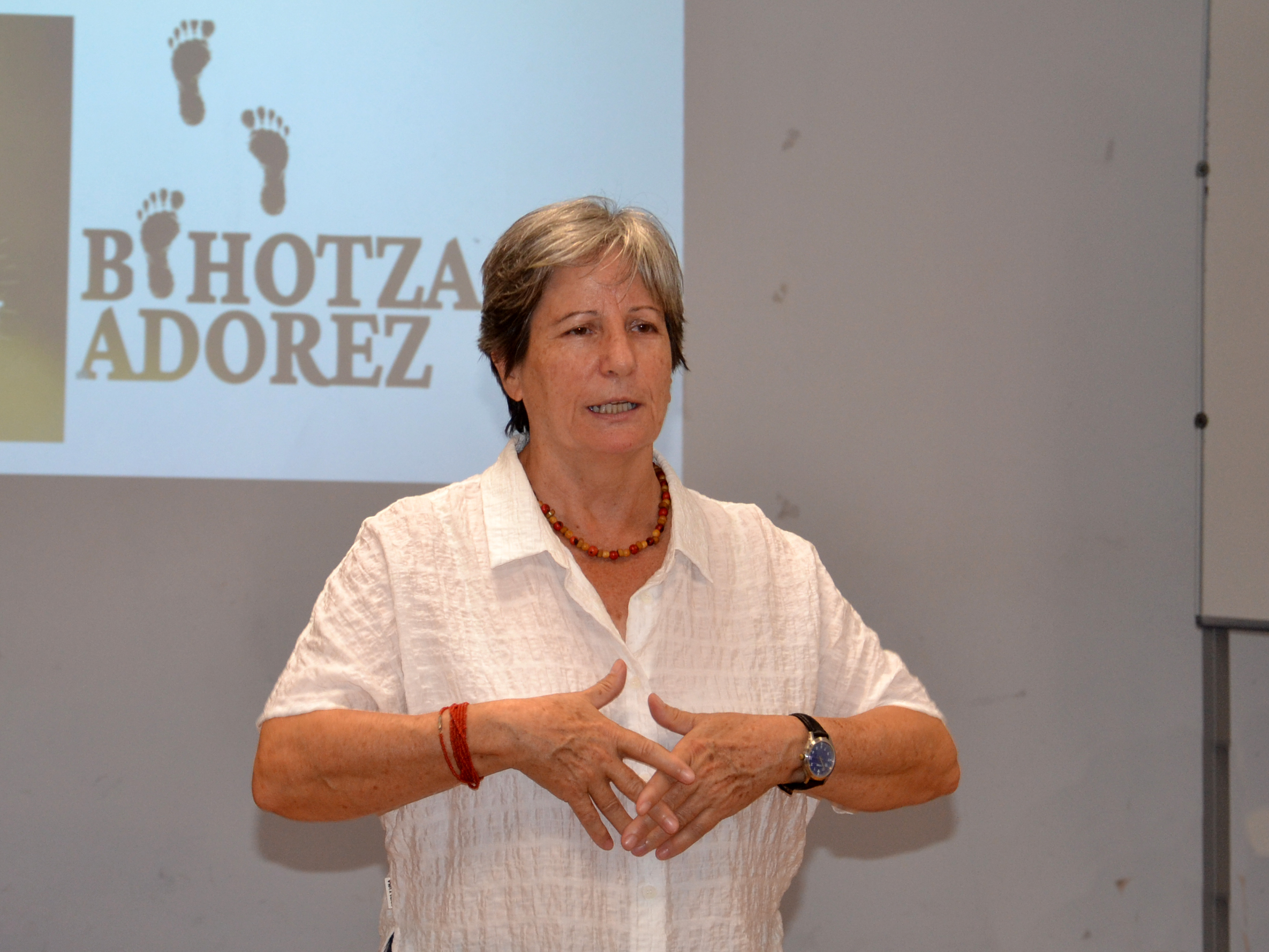75 students – 30 in Bilbao, 15 in Barcelona, 15 in Tarragona, and 15 in Zaragoza – have started the first inter-university master’s degree in Hydrogen Technologies, the first training programme focused on the technological development of this vector, which is set to be the great challenge for the energy transition in the coming years. The initial 60 places for this master’s degree have had to be extended due to the high demand for enrolment applications for this first edition.
The programme has been designed with the experience in the technological and energy field of Repsol-Petronor, and is backed by 5 state universities: Mondragon Unibertsitatea, the University of the Basque Country/Euskal Herriko Unibertsitatea, the Universitat Politècnica de Catalunya, the Universitat Rovira i Virgili and the University of Zaragoza, together with 6 other training and research centres: Somorrostro Integrated Vocational Training Centre, the Comte de Rius Institute in Tarragona, the Escola del Treball Institute in Barcelona, the Pirámide Integrated Public Vocational Training Centre, the School of Industrial Organisation and the Aragon Hydrogen Foundation. This unprecedented collaboration of leading industrial, university and vocational training entities seeks to accelerate the effective development of hydrogen technologies in the industry. The master’s degree has profiles ranging from chemical, civil and industrial engineering, to energy, mechanics or electronics, all of the specialties that will contribute in a complementary way to the implementation of hydrogen-based projects.
As this is an inter-university programme taught in 4 locations: Bilbao, Barcelona, Tarragona and Zaragoza, most of the sessions will take place in synchronous virtual mode, but combined with the practical component that characterises this new training programme. Participants will carry out regular practices with simulation packages, technical visits to companies, as well as face-to-face practices in the laboratory.
The institutional commitment to hydrogen as a means of making the energy transition effective is clear. Its high potential to reduce dependence on fossil fuels and greenhouse gas emissions has led the Government to announce an investment of 1,500 million euros up to 2023 for its definitive deployment.
















